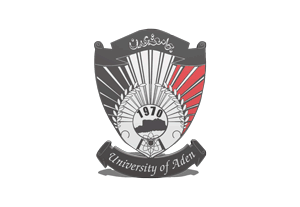THE ROLE OF SOCIAL SPECIALIST AND IT'S RELATIONSHIP WITH A MEDICAL TEAM (FIELD STUDY)
DOI:
https://doi.org/10.47372/ejua-hs.2021.1.71Keywords:
Role, Social specialist, Medical team.Abstract
The research aimed to identify the role of a social worker and his/her relationship with a medical team through his/ her role with patients and their families. It also aimed to recognize the role of a medical team and a hospital administration in addition to the difficulties that hinder the role in a medical institution. The researcher used a general social survey to collect the required data. The sample consisted of (16) social workers and (9) managers of medical complexes in Aden Governorate. The researcher also selected a random sample of a medical team and patients. The findings of the research revealed the importance of the role of social workers from the point of view of the sample (doctors, nursing staff, managers, and patients) They agreed, with a high percentage, on the necessity of the presence of social workers due to the importance of their role in a health institution. The findings also showed that there are obstacles that face social workers and limit the activation of their role due to the conditions in which they work. The most important of such obstacles is the lack of budget, incentives and special departments for them, the large number of tasks entrusted to them, in addition to the lack of training courses and the difficulty of communicating with a medical team involving non-Arabic speakers, as well as the difficulty of communicating with psychological and mental illnesses patients and not allowing social workers to conduct visits to the patient's home.








